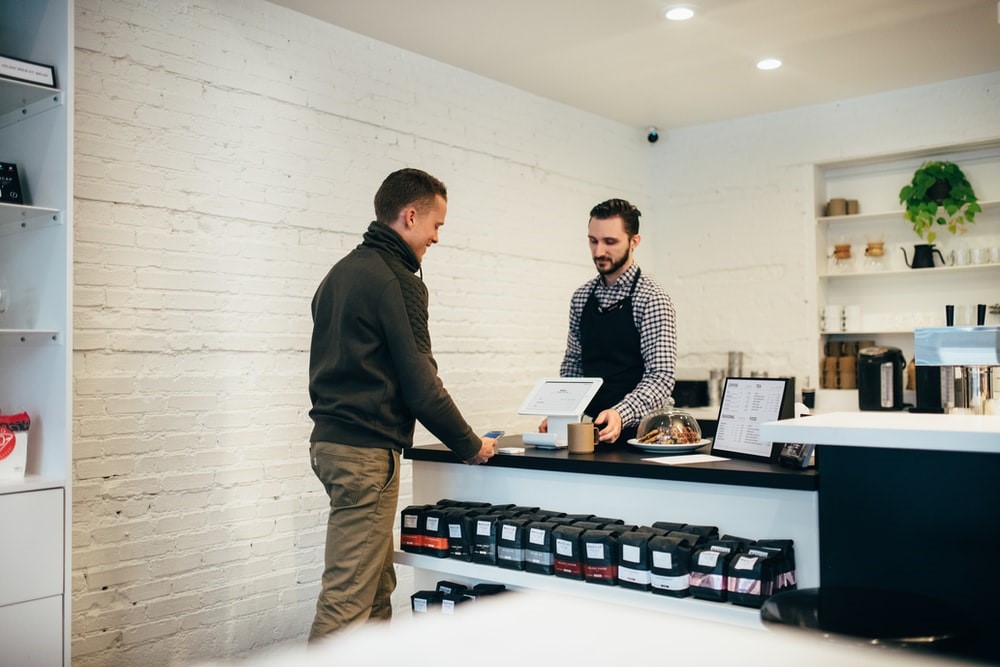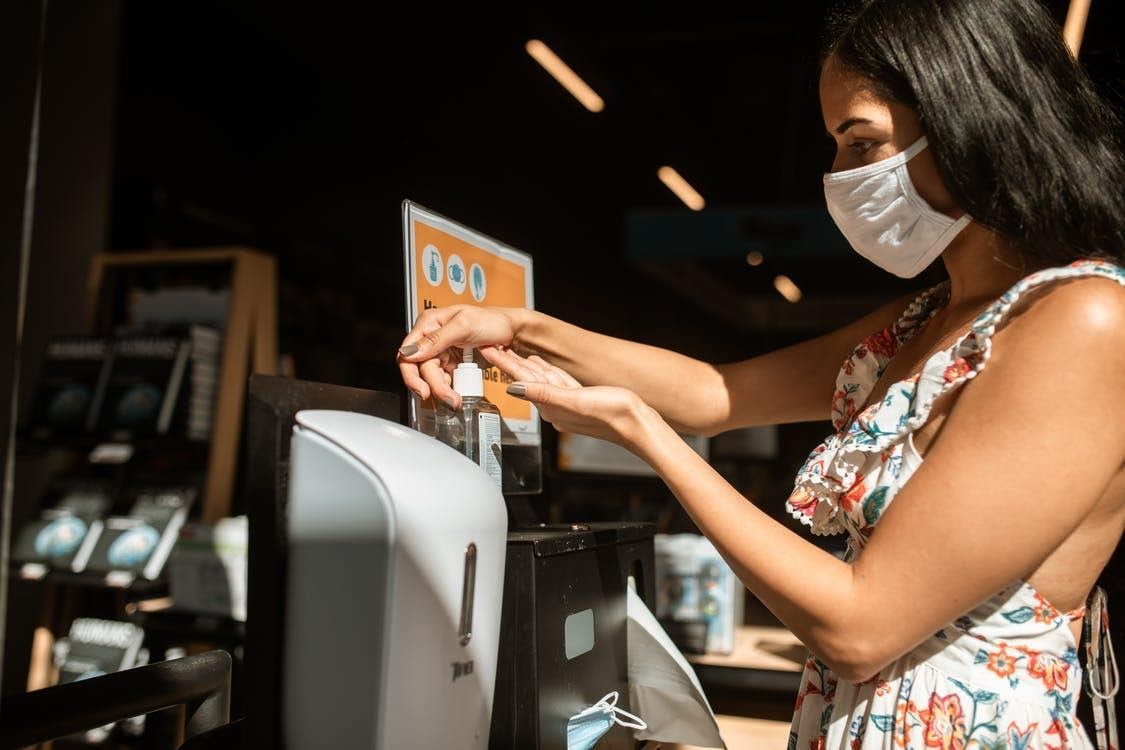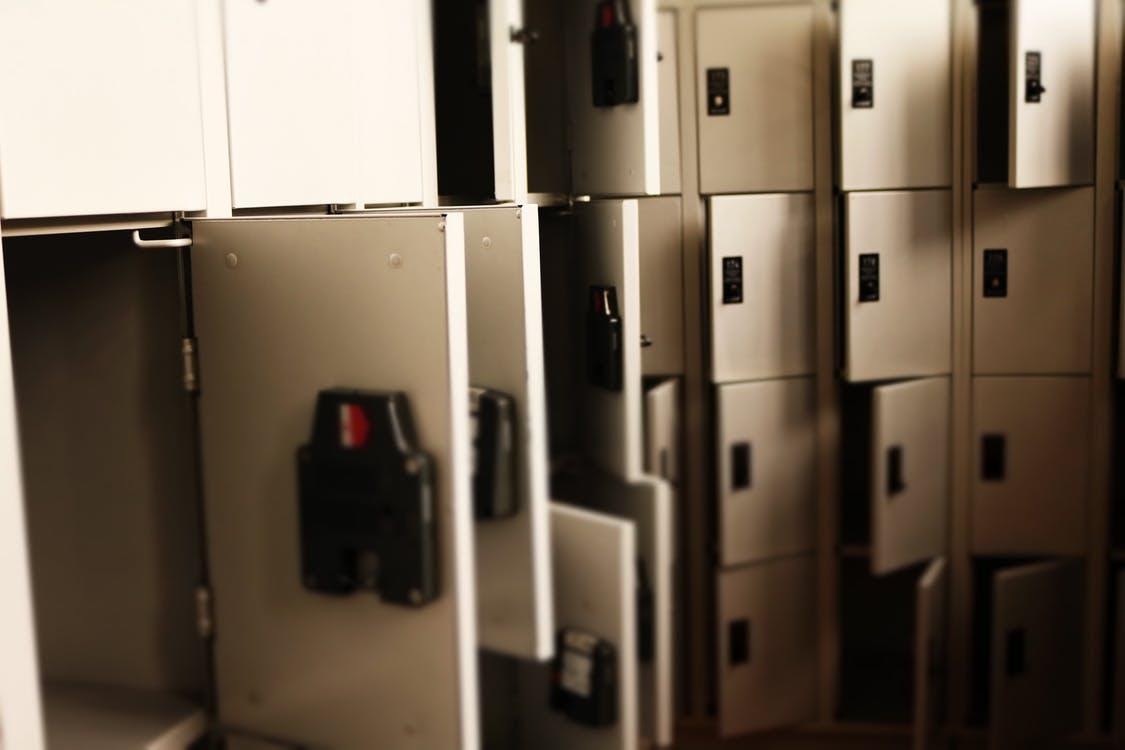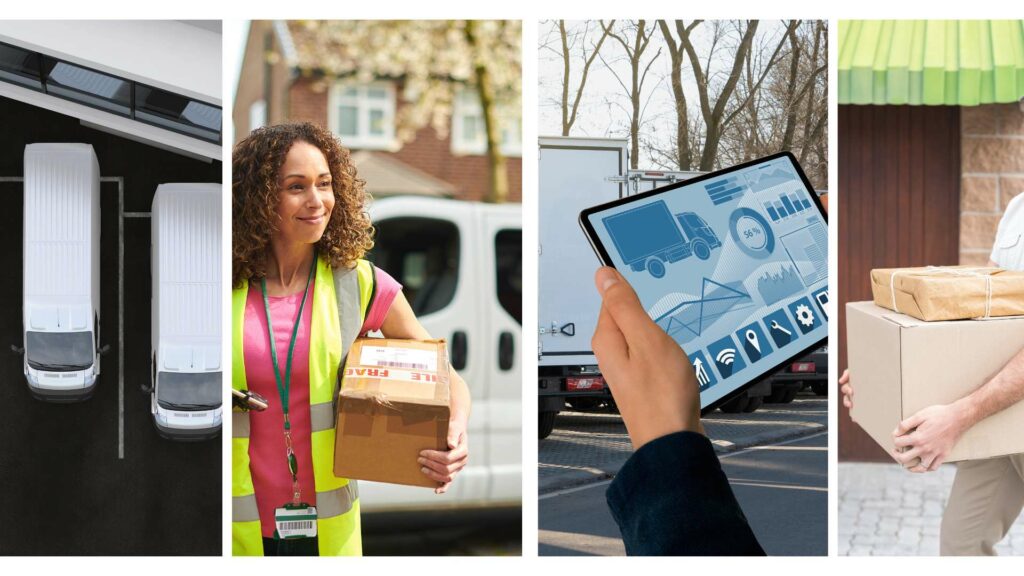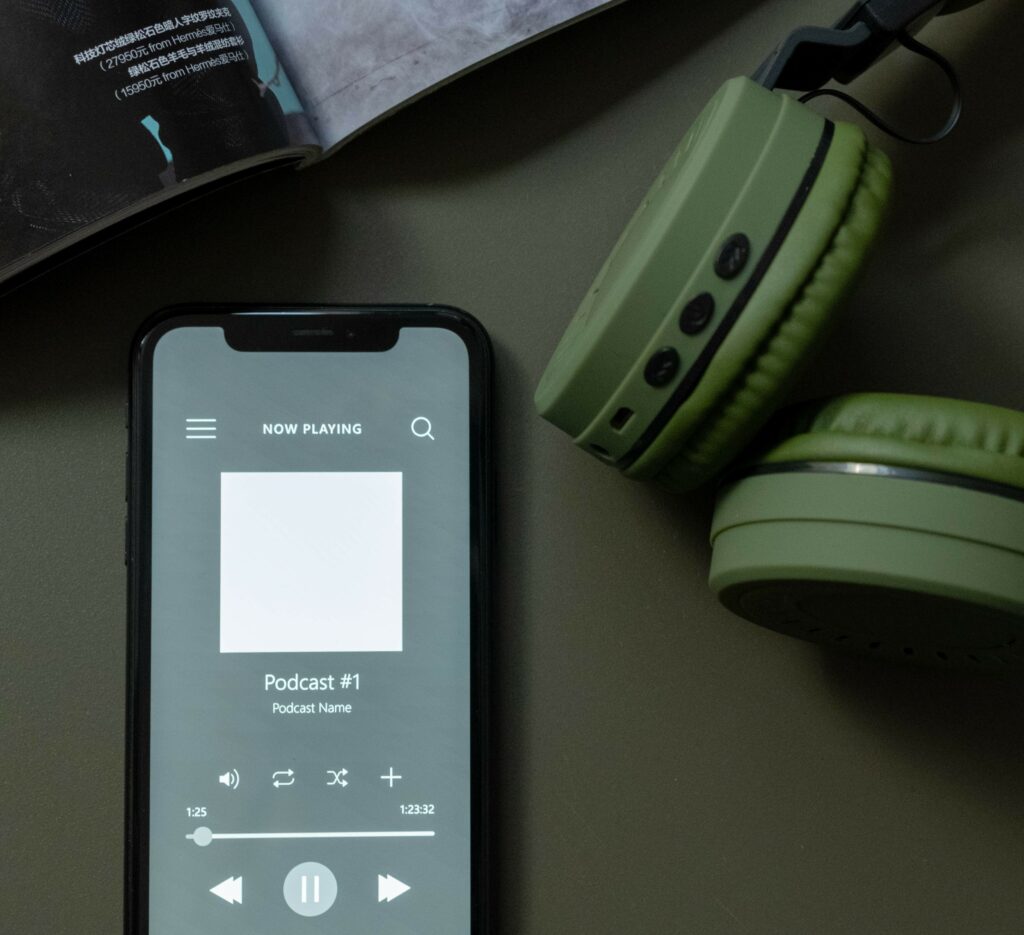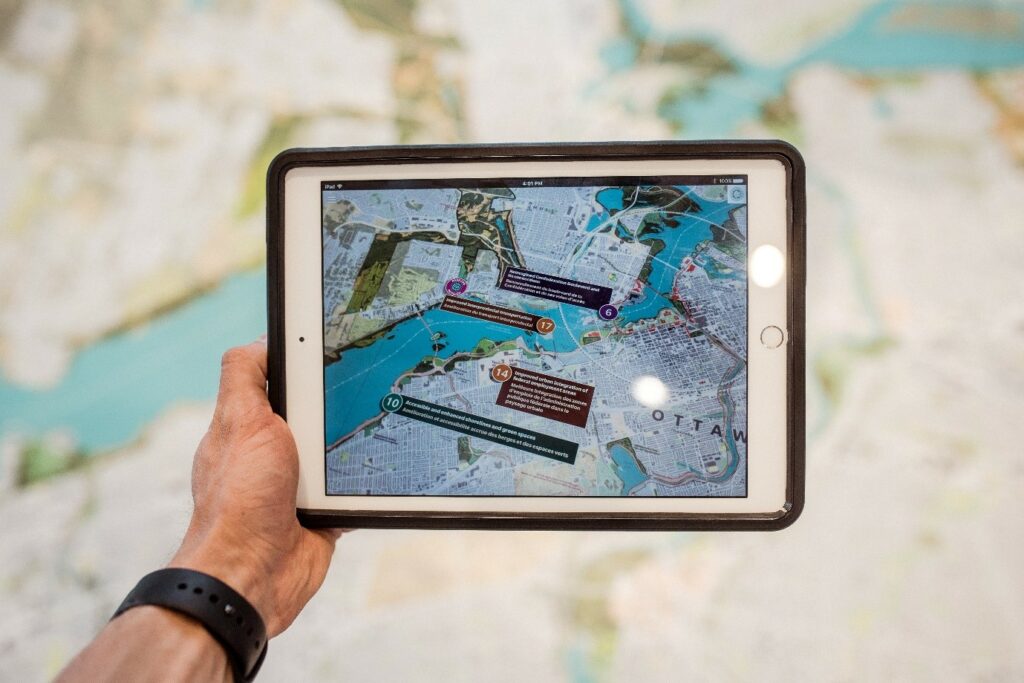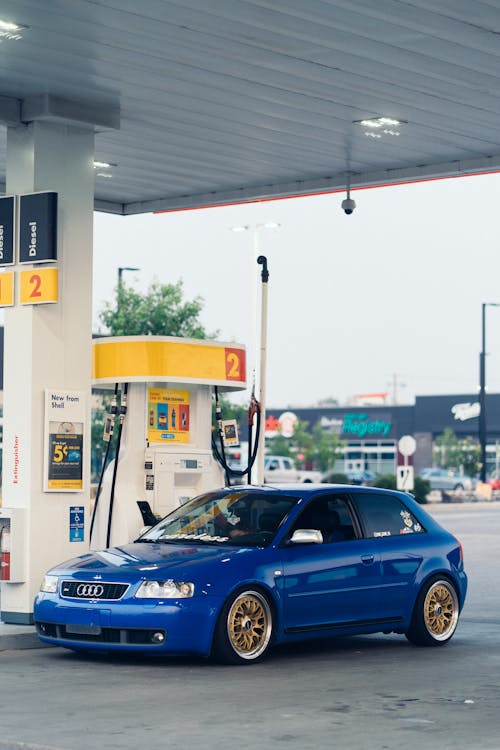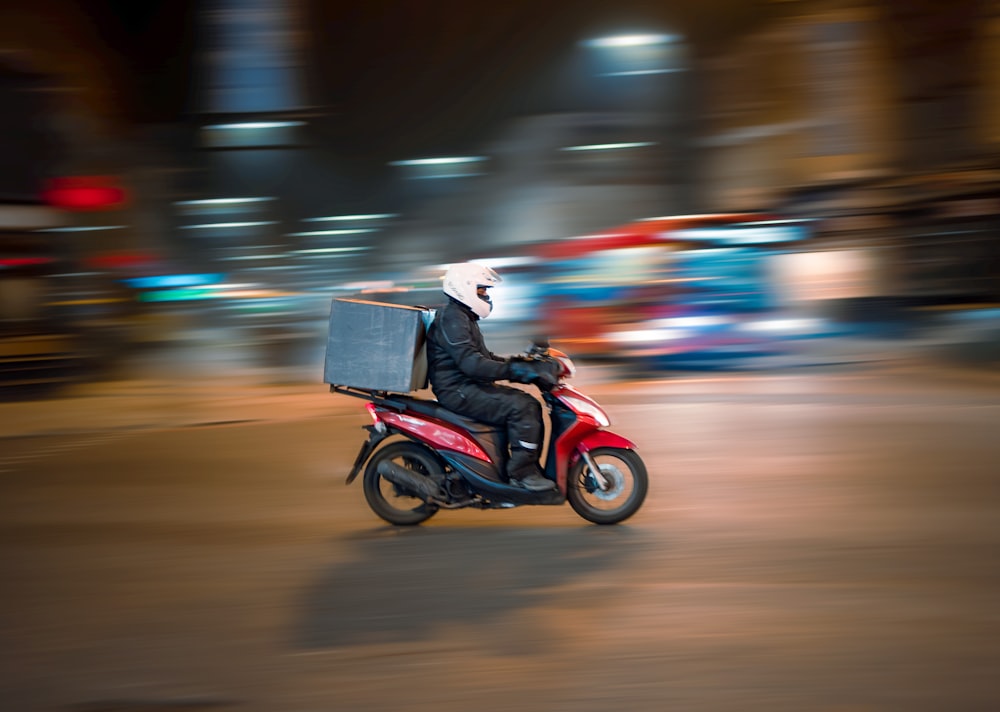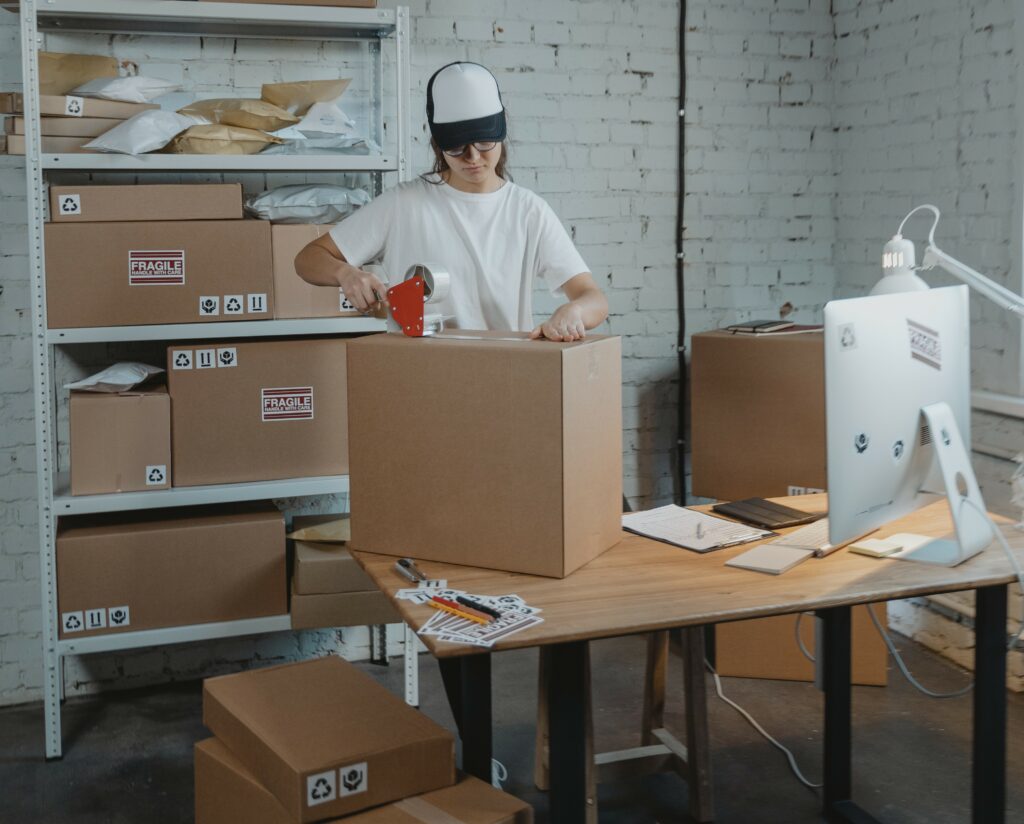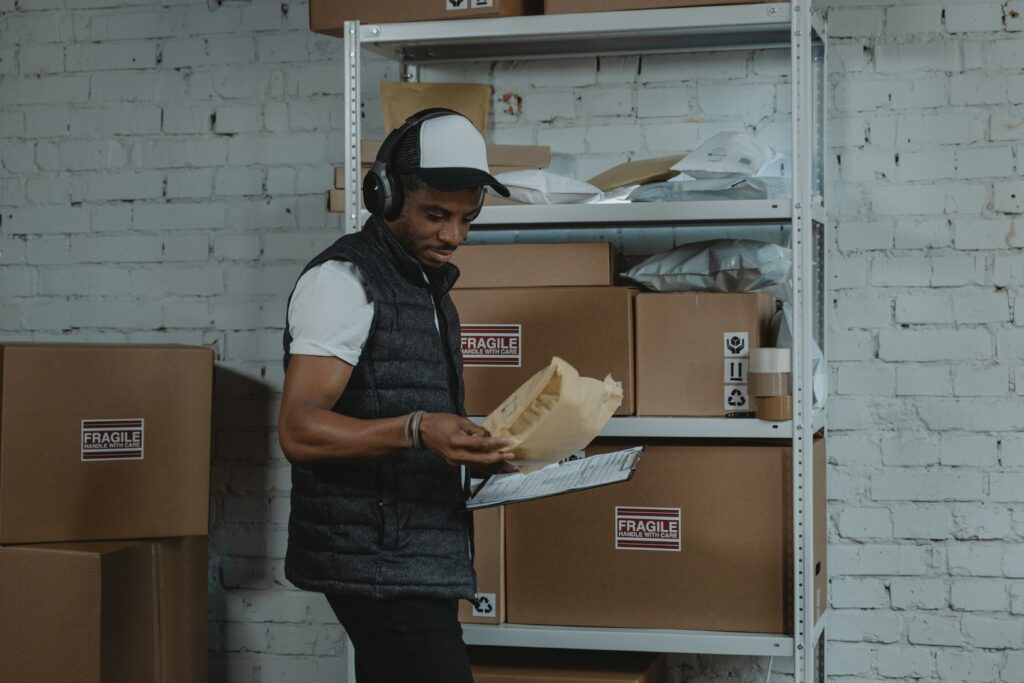More opportunity for small businesses with the recent surge in the use of smart technologies
More and more small businesses are beginning to pop up all over South Africa. According to the Centre for Development and Enterprise (CDE), over five million micro and small businesses currently exist in South Africa. It is not surprising that this number has been on the rise since the beginning of the COVID-19 pandemic. As a result of this situation, many people are facing retrenchment or unemployment, meaning that new business solutions need to be found. One of the viable business opportunities that came to life was starting one’s own, small business. This has consequently begun to boost the small business industry. Due to the market being rather fully saturated, small businesses are forced to strive and keep up with an increasingly competitive market. They also need to face the different challenges that comes with running a business, especially last-mile delivery.
Undoubtedly, small businesses cannot function effectively without having a well-functioning last-mile delivery strategy. Businesses owners may be just partly aware of the importance of last-mile delivery, as well as keeping up with the latest technologies used in this field. However, this is not always a top priority for these owners. Given that the era of smart and connected devices is hitting the world by storm, it is now offering windows of opportunities for small businesses within the delivery field. Keeping up with the latest technologies used in last-mile delivery should thus be prioritised.
The influence of technology is clearly witnessed all around us, as seen by the increasing development and use of self-driving cars, fitness trackers, automatic response sensors, tablets, smart machinery and smart speakers, to name just a few. I am sure that you make use of at least one of these devices at your home. This impact of technology does not only affect the personal lives of people, but is also transforming the way that businesses are conducting their activities nowadays. Consequently, businesses owners, especially those who operate organisations of a smaller scale, are forced to keep up with new technologies, or else, they run the risk of falling behind both strategically and financially.
Small retailers and e-commerce (EC) owners are in need of a competitive advantage
The consumers of the modern world are increasingly turning away from ‘traditional brick-and-mortar stores’ and are starting to check out opportunities offered by online shopping. This snowballing trend of online shopping has brought an increased expectation for fast, safe and easily accessible package delivery by small EC owners and other retailers.
The first challenge faced by small retailers is their inability to compete with larger companies. To keep abreast with and even possibly challenge these large brands, small retailers and EC owners are thus encouraged to look for and embrace alternative delivery and pick-up solutions. These alternatives need to offer small businesses a strategic advantage over their competitors.
So, we now need to look at ways in which such businesses can obtain this advantage. Well, two huge factors, namely affordability and cutting of costs, become important for the running of a small business. So, what last-mile delivery method can be used to ensure a financial benefit for all involved stakeholders?
Well, an increasing number of small retailers and e-retailers are looking into the possibilities offered by smart lockers. Being an innovative and non-traditional delivery solution, smart lockers offer small retailers and EC owners a large range of opportunities, which consequently helps them overcome their last-mile delivery challenges of not being technologically up-to-date and high delivery costs (which will be discussed below).
The use of smart lockers does not only lead to a competitive advantage for small businesses due to being technologically advanced, but will certainly ensure that consumers experience faster, safer and more accessible deliveries.
Benefit created for the business of exchanging items
Selling new items is not the only method of business currently used in South Africa. It has become a very common practice, not only in South Africa, but on a worldwide scale, for individuals and businesses to sell their old items which they no longer need for a reduced price to other people. This exchange offers a win-win solution for both sellers and buyers. Its popularity is evident from the rise in usage of various South African online marketplaces.
However, this exchange can come with the problem for both the buyer and seller to meet in person in order to exchange the relevant items. In the busy, modern times in which we live, having to meet someone at a specific place, on a specific date and at a specific time can prove to be quite challenging.
Small businesses can look into fixing this problem through the introduction of smart lockers into their business model. Users are now able to exchange items with each other without having to meet in person, which eliminates some of the specific date, time and place issues mentioned above.
How can small retailers overcome some delivery challenges through the use of smart lockers?
Regardless of the size of the company/business, it needs to a step ahead and perform the activity of last mile delivery in an efficient and effective manner to ensure a satisfied customer base. The customers of small businesses will also benefit from a small business’s use of smart lockers as a delivery option due to the convenience of delivery of their packages and having the ability to fetch their purchased goods when it suits them. Smart lockers allow the process to be quite simple – the seller deposits the item, tells the app who should receive it, the app will notify the buyer who can then proceed to come pick it up.
If you are a small business owner, you may be asking, “What types of small businesses will most likely benefit the most from the use of smart lockers?” Well, smart lockers come in many different sizes which means that the opportunities are endless for the types of products that can be stored within them.
So let us take a look at some examples of ways in which small retailers have and can benefit from using smart lockers:
Example 1: Cutting expensive courier costs
Let us use the example of a small retailer who sells face masks. Face masks have become very popular and are selling by the millions in South Africa, due to the COVID-19 pandemic. This business is probably using a particular courier service to reach its customers and deliver its orders. However, couriers, which are crucial to small businesses, can be very expensive and create a big financial burden. To solve this issue, the owner can make good use of smart locker technology which will provide a well-thought-out and contactless strategy. This will, in turn, make the deliveries more effective, avoid re-delivery and help overcome high delivery costs since only a once-off delivery at a smart locker will be required.
Example 2: Keeping away from expensive COVID-19 protocols
During lockdown, small retailers need to ensure that they comply with stringent health and safety requirements. This involves activities such as buying hand sanitisers and temperature readers. They need to ensure that strict COVID-19 sanitising protocols are followed when delivering goods. In this case, smart lockers provide an effective alternative to the way in which objects can be delivered. There is no need to worry about keeping a social distance, as smart lockers allow for a contactless exchange, meaning that less time, effort and money needs to be spent on ensuring compliance with COVID-19 protocols.
Example 3: Keeping up with technological advancements attracts customers
Digital lockers offer a smart technological way to store customers’ items and packages. Due to the above-mentioned increase in the use of smart technology, small retailers may lose customers if they do not keep updated with the latest technology. Therefore, investment in smart technologies will only be beneficial for a company.
Let’s look at an example of an online retailer who sells clothing. The target market of this business is people who are technologically equipped to embrace online shopping platforms and use smart technology on a daily basis. The use of smart lockers will help this business stay technologically up-to-date which will be a fundamental attraction for both existing and potential customers.
Example 4: Protecting confidential information/documents and private goods
Some businesses (such as those selling more private or very expensive products) face the challenge of needing to store products or documents in a very safe and secure manner. This is due to the fact that they require confidentiality and thus the products should only to be seen by the designated client/s. Given that privacy is fundamental for such businesses and their clients, smart lockers will ensure that they can store their items in the required safe and protected way.
Let us look at a business who deals with very confidential documents or products. Currently, such item would need to be hand-delivered to the correct customer. However, smart lockers can help these businesses overcome this challenge due to the strong, smart security measures that exist within its technology. Due to the strong access security provided by smart lockers, businesses can feel confident knowing that the correct customer receives his/her private goods or confidential documents.
It is clear that small businesses need to keep abreast with the advancement in smart technologies. With the introduction of smart lockers to the South African context, it offers small retailers the opportunity to gain a competitive advantage, as well as derive a financial advantage by reducing various costs which small retailers currently face.
If you are a small business owner – smart lockers are the way forward for you!
